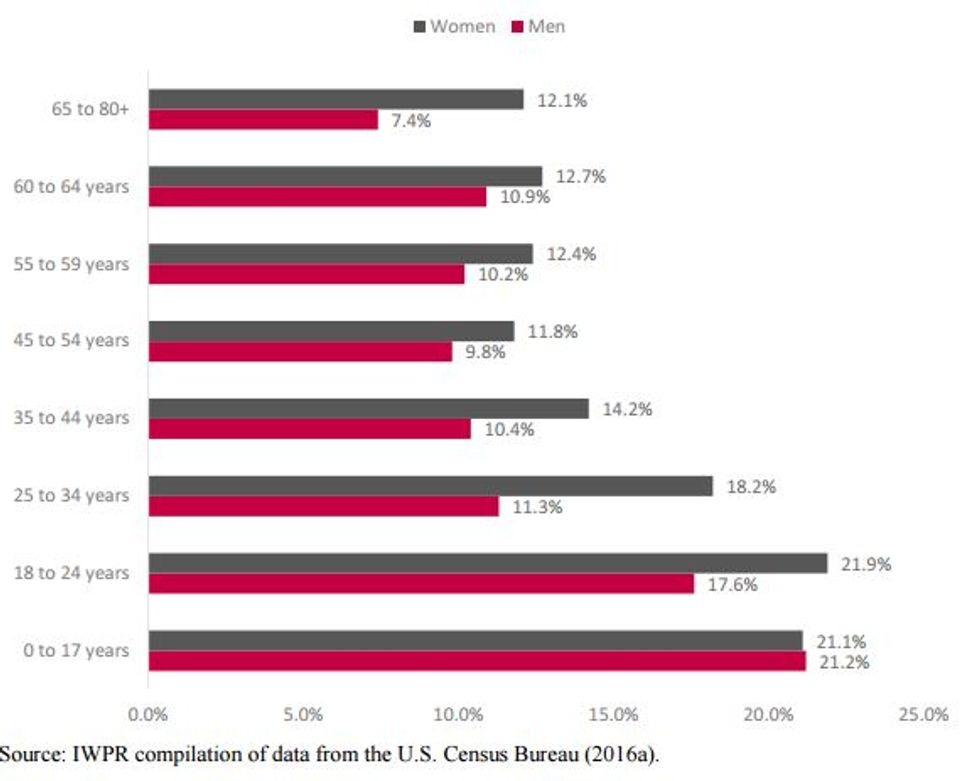Last week, I took some time to explore wealth disparity in the United States in an article: U.S. Wealth How Do You Measure Up? I took numbers and figures and explained them in a way I understand them, in a way many critics understand, and in a way that I hope you now understand.
At the end of that article, I promised my differing opinions about this complex issue in subsequent articles. This is the first of those subsequent articles. So, in the following paragraphs, I will be exploring the topic of Christianity and Capitalism through the lens of the wealth disparity that is so evident in the United States today.
The Bible says, care for the poor and lame; do not abandon the widow; let the little children come to me.
Maybe I'm reading the Scripture wrong; maybe I'm pulling the words out of context; maybe I should pay more attention to the culture which the Bible is speaking in and to. But maybe, when Isaiah in chapter ten verses one and two he says, "Woe to those who make unjust laws, those who issue oppressive decrees, to deprive the poor of their rights and withhold justice from the oppressed of my people, making widows their prey and robbing the fatherless," he might just mean exactly that. And maybe, when Jesus repeatedly says, "Sell everything you have and give to the poor," (Matt. 19:21, Luke 12:33, 18;22) He means exactly that. I am missing the part of the Bible that says 'store up your Earthly riches because you deserve the ability to live lavishly while millions of others suffer in poverty.' Tell me, where in the Bible does it say, 'turn away the minorities; do not care for the least of these.'
So it seems to me, we cannot condone such wealth disparity as Christians. When I look at the statistics, my heart breaks; when I see the wealth disparity, I am troubled; when I take note that women are children have higher poverty rates than any other social group, i am angered.
As you can see, women in their adolescent years are those that suffer most from poverty. The Institute for Women's Policy Research states that this may be because of the rate that this may be due to a number of single mothers in that age gap. Similarly, women who are 65 and up may be in such a high percentage rate because of a number of widowed women in that age range. So, the statistics read out that we are failing to care for the poor and lame; we are abandoning the widow and the single mothers; we are letting the children live in poverty.
The Year of Jubilee
So how is it that Christians should behave when it comes to economics? Should we allow people to work and achieve great things, but then turn around and bleed them dry with taxes to support the poor and impoverished? Should we just let the chips fall where they may and take up our own individual crosses in order to protect the widow and the child? Is it the responsibility of the church and church alone to take in those who need help?
I believe that part of the answer lies in the Old Testament. When the Jewish people arrived in the Promised Land and began to establish their own culture and society, God set up some guidelines. These guidelines included the Year of Jubilee and the Sabbatical Year; these are two concepts I think that Christians could learn from today when it comes to economics. I do not think we should adopt these policies, but there is something that can be said about the model.
The Year of Jubilee, in short, happened every fifty years and was a period of time when all the lands of Isreal and the different clans were returned to their original families, all debts were forgiven, and all slaves were allowed freedom. The Sabbatical Year, again, in short, happened every seven years and was just a forgiveness of debts and certain people could be allowed freedom. If you want to know more about these ideas, feel free to read Leviticus 25 or head to the website of the practical application of these ideas.
This was the occasional reset button of their society. They practiced this in order to ensure that the gap between the rich and the poor of the society did not become to disproportionate. Isreal implemented this practice in order to not allow people to be inherently disadvantaged or predisposed to poverty. They did this to forbid such a drastic wealth disparity that we have in today's society.
Can Capitalism and Christianity co-exist?
I think so. There is nothing in me that says end democracy. No part of me says that we need to implement socialism or communism or some kind of anarchist society. Even in Israelite society, they had incentives built into their systems. To be a productive member of society is desirable. So we need to allow people to be those productive members. As a whole, we need to build each other up and prepare each other for employment opportunities which are fulfilling.
But at the same time, we need some checks and balances in place. If you work hard, yes, you should get more rewards. But we all know those people that work their hardest to get above and cannot do it because the system just keeps on beating them down and down and down again. In a system like that, they may lose the motivation they have to be functioning members of society; we do not expect them to become anything, they will not become anything.
Capitalism is a fine system when we don't end up with 1% of the society holding 40% of the wealth in the country. This works when there is not such disparity between the poor and the rich. Our system works when 15% of the population is not below the poverty line.


















